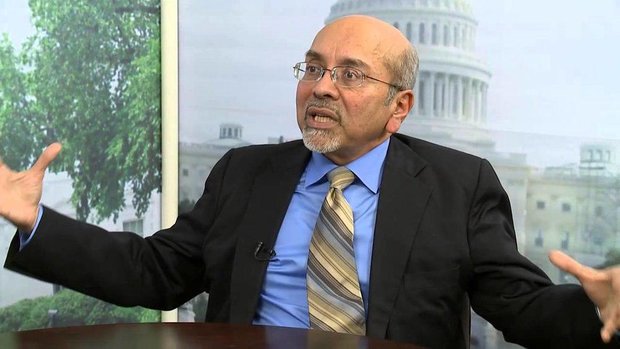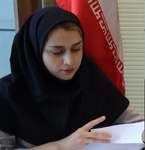“That role continues. But India's involvement in military operations with the US in Afghanistan seems unlikely at this point,” Adhikari told Mehr News correspondent..
Following is the full text of the interview:
The US National Security Strategy has focused on the security of Afghanistan, and Pakistan's role in this regard. What is the reason behind Trump’s Negative Approach to Pakistan?
The US for several years now has been deeply skeptical about Pakistan's role as a non-NATO ally. Trump administration's approach is not totally new in that sense. But by directly accusing Pakistan's leaders of "nothing but lies and deceit" in return for $33 billion in aid since 2001 and of providing training and "safe havens for terrorists" who are killing American and allied soldiers in Afghanistan, President Trump has brought the case of Pakistan playing a double game out into the open.
Washington announced a $250 million cut in military aid, suspended reimbursements to the Pakistani military for its efforts to tackle terrorists, and threatened to cut off all assistance that was in the pipeline. The Obama administration had also confronted Pakistan, particularly its military leadership, but it had done so more discreetly, although it did call Rawalpindi's bluff by launching a military operation without informing the Pakistanis to kill Osama Bin Laden who was hiding in a safe house about a mile from Pakistan's leading military academy.
President Trump with a tweet on January 1 brought the issue into the public arena. Whether he should have done so or instead continued intense diplomatic and financial pressure away from the public eye is being debated by scholars and experts, many of whom feel that a public shaming of Pakistan will be less productive from the US point of view than exerting leverage through diplomacy. But what you call a 'negative approach' is not exactly new.
In this strategy, India's role in Afghanistan is increasing. Why does the Trump government want to play India's wider role in Afghanistan?
India has been long involved in Afghanistan's reconstruction and attempted recovery. That role continues. But India's involvement in military operations with the US in Afghanistan seems unlikely at this point. One major threat that Pakistan holds out is that it could block the ground and air links that the US uses to supply its forces in Afghanistan. Pakistan has implemented this threat in the past. In such circumstances, with New Delhi's help the Trump administration might use an alternative, though more expensive and cumbersome, land route that India has helped build through an Iranian port. Trump, however, appears determined to reverse the process of readjustment in US-Iran relations that was begun by the Obama administration.
Is Tramp's strategy for India to play a greater role in Afghanistan will counterbalance China (China, which is expanding ties with Pakistan)?
China has promptly declared that it would stand by Pakistan, it’s supposedly "all weather" friend. Beijing has for several years been developing closer ties with Islamabad, including opening a China Pakistan Economic Corridor as part of its Belt Road Initiative. China sees clear advantages in such a close relationship that can keep India in check. It's not clear, however, that the Trump administration has an active strategy to use India as any sort of counterbalance to China's steadily expanding influence in the region. Meanwhile, Pakistan can continue to play the China card to caution the US and rely on Saudi Arabia to back it up financially in case of a complete breakdown in US-Pakistan ties. One problem with deciphering broad strategies of the current US administration is that its leader, the president, is so unpredictable and uses Twitter often to express seemingly contradictory attitudes and positions.
The new strategy allocates more money to the US Army. Does this mean that the US foreign policy will become more militarized and the significance of the diplomacy will decline?
More money for the US military in Afghanistan means a continued US involvement and, perhaps determination, to root out the sources of terror that it now openly says are being nurtured and protected by Pakistan. The Afghan war has already become America's longest armed conflict and seems likely to extend well into the future. Currently, it does appear that a tough approach in the region is this administration's preferred option to continue if frustrating diplomacy. But it need not mean that diplomatic efforts to rein in Pakistan are not being made at the same time. Perhaps policy advisers in the US administration feel that time for patience with Islamabad is running out fast and the US should say so openly, as it in fact has. But behind the scenes diplomatic efforts with Islamabad, as well as Beijing and Riyadh and New Delhi, will hopefully continue.
Interview by: Javad Heirannia


























Your Comment